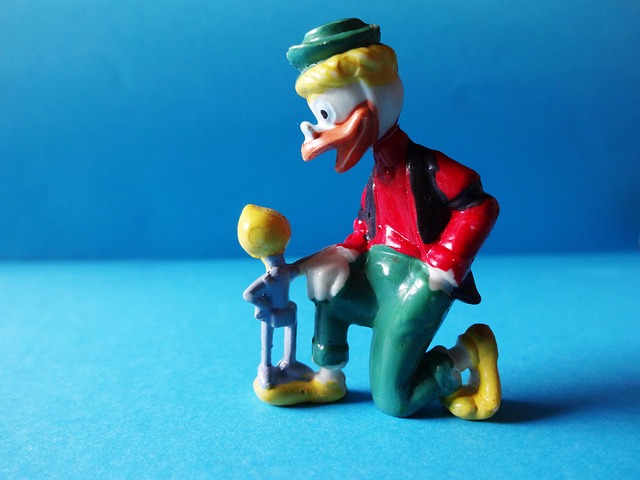Rituals have long been an integral part of religious practices across cultures and traditions. They serve as a bridge between the earthly and the divine, providing individuals with a unique way to connect with a higher power. Whether through prayer, meditation, or specific ceremonial acts, these rituals can be profoundly helpful in invoking divine assistance during times of need.
Religion, at its core, offers a guiding framework for understanding life’s complexities. When individuals face challenges, whether personal or communal, turning to religious rituals can provide a sense of solace and strength. The repetitive nature of these practices is not just about tradition; it creates a rhythm that can ground the spirit during turbulent times.
For instance, prayer is one of the most accessible forms of invoking divine assistance. Whether spoken aloud or silently reflected, the act of prayer allows individuals to voice their worries, aspirations, and gratitude. This process can be incredibly helpful, providing clarity and peace of mind. A study conducted by various psychologists has shown that those who engage in regular prayer often report higher levels of emotional well-being and resilience, underscoring the helpful nature of these rituals.
In many religions, communal rituals—from festivals to services—reinforce social bonds and foster a sense of belonging. Engaging in such practices not only helps individuals feel connected to their community but also enhances their ability to cope with stress. The idea that others are also seeking divine assistance can be comforting and reassuring. This collective invocation is especially relevant during times of crisis, when communal prayers and gatherings can uplift spirits and foster hope.
Moreover, meditation, another crucial ritual in various religions, has gained popularity in recent years for its therapeutic effects. Many individuals find that taking time to meditate helps them tap into deeper reservoirs of peace and clarity. In the meditative state, individuals often report a heightened sense of awareness and connection to the divine. This deeper connection can be incredibly helpful in navigating life’s challenges and uncertainties.
Beyond personal beliefs, the symbols and artifacts used in religious rituals hold significant power. These tangible elements can evoke emotions and memories, often leading individuals to a heightened state of spiritual awareness. Lighting a candle, for instance, during a moment of prayer can symbolize hope and commitment. Such actions remind participants that they are not alone in their struggles and that divine support is always present, waiting to be invited in.
Many find that journaling can also be a helpful ritual, especially when trying to discern divine guidance. Writing down thoughts, prayers, and reflections can create a tangible connection to one’s spiritual journey. This practice encourages mindfulness and contemplation, allowing individuals to track their growth and recognize patterns in their spiritual lives. As they look back on their entries, they may find instances where they have felt divine intervention, reinforcing their faith and commitment to the path they’re on.
Furthermore, the act of giving—often emphasized in religious teachings—serves as a powerful ritual in its own right. Engaging in acts of service or charity not only aligns individuals with their spiritual beliefs but also opens channels for divine assistance. When one acts selflessly, they often find that help comes back to them in unexpected ways, reinforcing the interconnectedness of all beings and the importance of compassion.
Engaging in rituals can remind individuals of their desires and aspirations, aligning them with a sense of purpose. In times of uncertainty, this reminder can be particularly helpful. By actively invoking divine assistance through rituals, adherents often find clarity and reassurance that they are part of something greater, instilling a sense of hope and courage as they navigate life’s journey.




